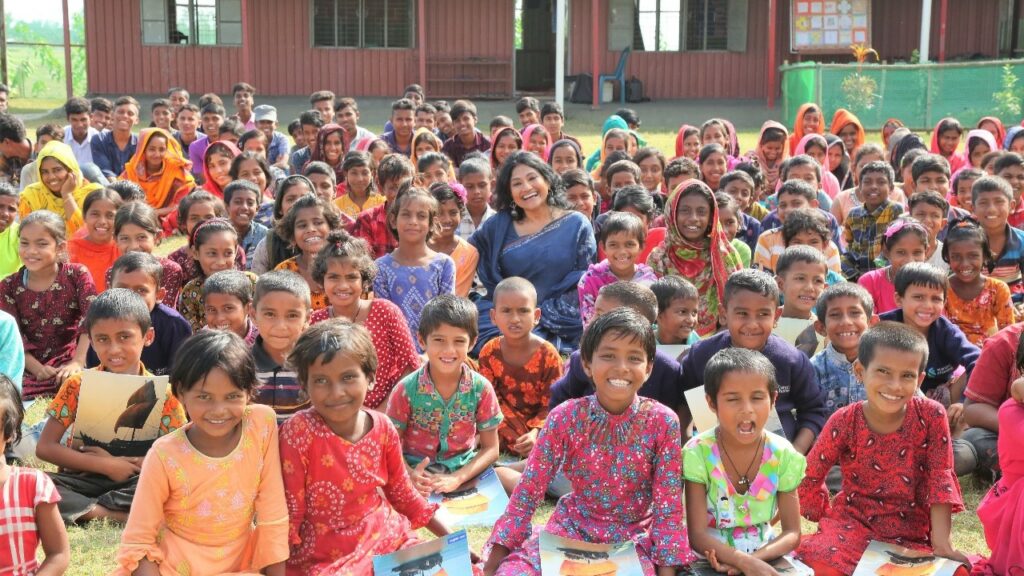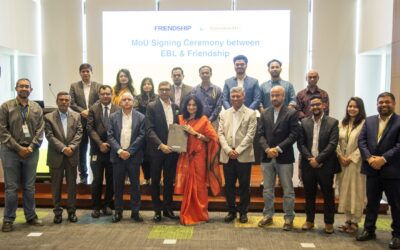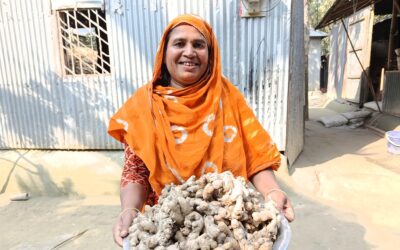This World Population Day, we remind ourselves that humanity can truly shine when the most marginalised groups, particularly women and girls can equally contribute to progress.
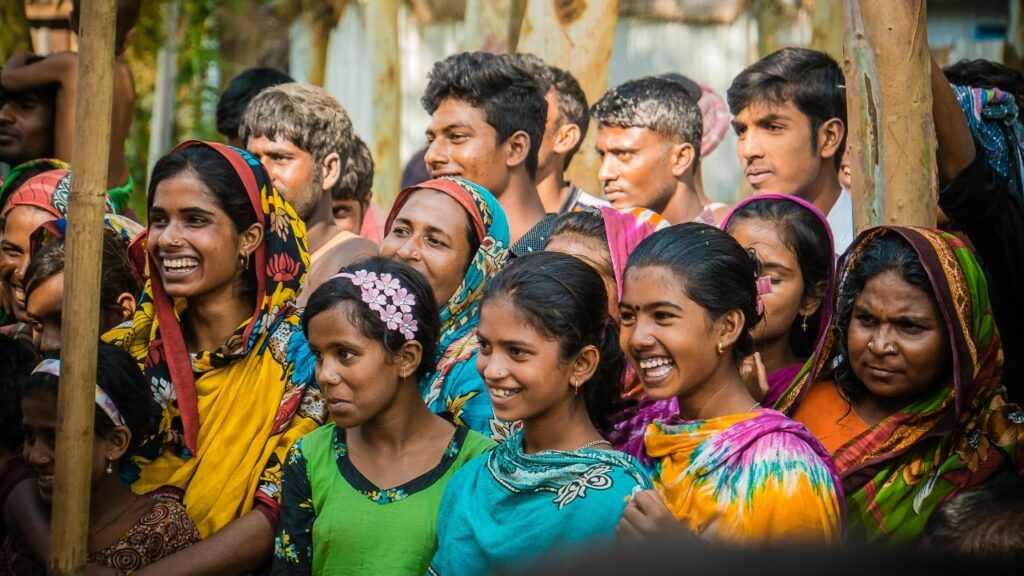
by Iffat Ara Sharmeen,
July 11, 2024
In 2022, global population reached 8 billion. Despite urbanisation, longer life spans, declining fertility rates, and increased migration slowing growth, we are on track to hit 8.5 billion by 2030. Our strides in healthcare and women’s rights have been significant, yet a portion of women and girls continue to lack adequate representation. Friendship works to support the needs of such unheard and unseen groups. By playing to their strengths and including their successes, Friendship strives to ensure that they too can live with dignity and hope.
“In too many places, for example, women from racial and ethnic minority groups are nearly invisible in statistics tracking maternal deaths. This is one reason why health and social services overlook their needs, and a far greater share of these women die giving birth.”
UNFPA Executive Director Dr. Natalia Kanem stated in a press release on World Population Day.
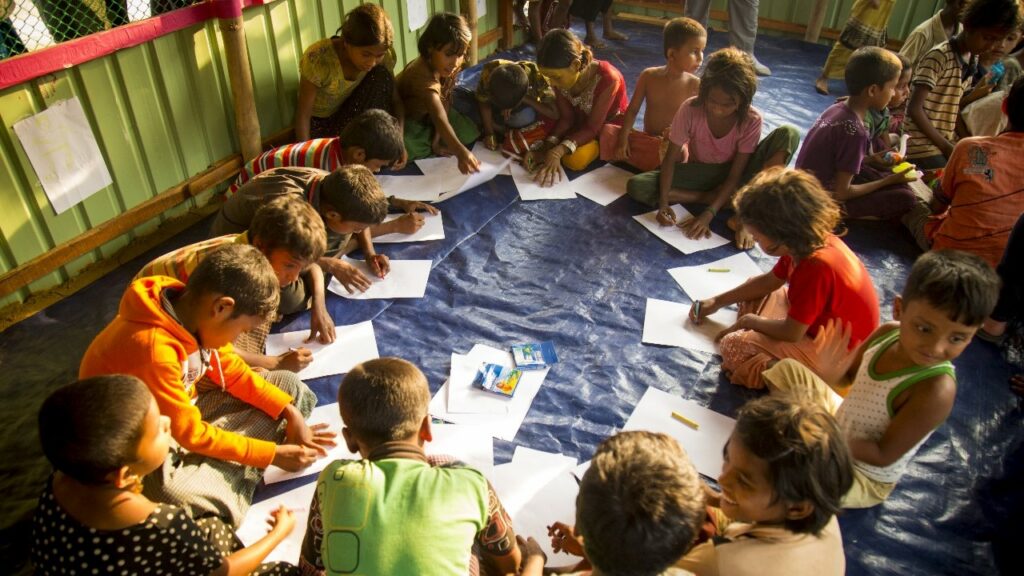
Approximately 6% of Bangladesh’s population resides in the chars, which are sedimentary river islands isolated from the mainland and lacking essential services. These communities endure frequent natural disasters, losing homes and livelihoods multiple times yearly. Socio-economic and cultural barriers further hinder women and girls from accessing basic rights such as healthcare and education, leading to widespread child marriage and maternal mortality. Authorities often overlook their needs due to the islands’ remoteness, leaving a significant portion of these women and girls unrepresented, ultimately missing out on healthcare advancements.
For 22 years, Friendship has tirelessly served Bangladesh’s chars, saving lives, alleviating poverty, adapting to climate challenges, and empowering communities and so Friendship remains a steadfast source of support for the most remote groups.
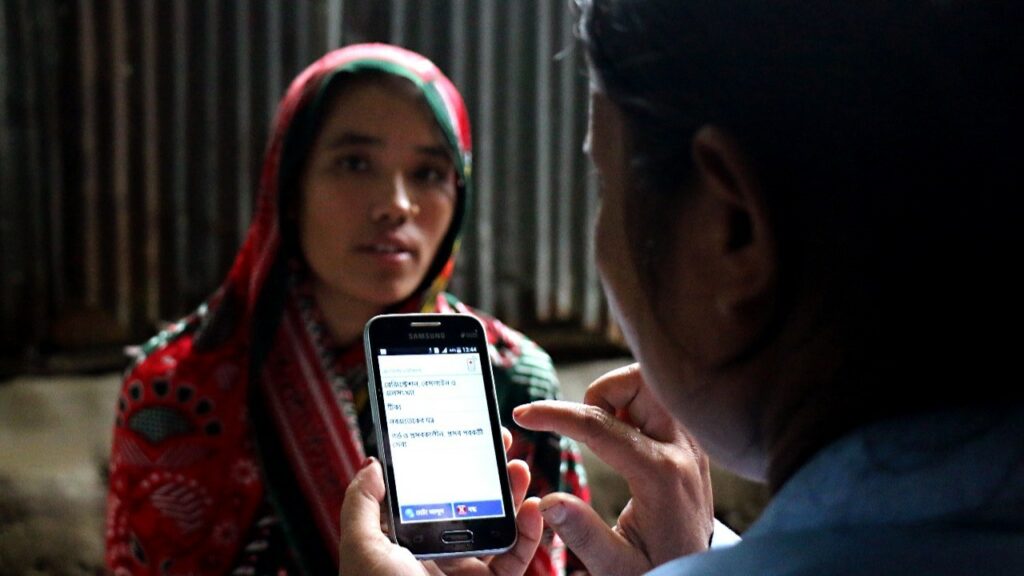
Healthcare interventions
Friendship’s three-tier healthcare model ensures comprehensive coverage across char regions. The first tier includes hospital ships that served 83,000 patients last year through 70 health camps, providing specialised care for women. The second tier consists of satellite clinics, which offer services such as antenatal care, vaccinations, postnatal care, and nutrition demonstrations.
Social stigma prevents women from using hospital services. The third tier involves Friendship Community Medic-aides (FCM), who conduct household visits, ensuring healthcare access for those unable to reach ships or clinics. Last year, the FCM provided 102,805 family planning services such as counselling, birth control items, consultations, and referrals.
Friendship’s facilities in Shyamnagar and Ukhiya, along with Primary Healthcare Centres in Bhasan Char and Ukhiya refugee camps, ensure safe deliveries and maternal healthcare. The hospitals offer obstetric and gynaecological services, including counselling on breastfeeding, family planning, hygiene, and nutrition.
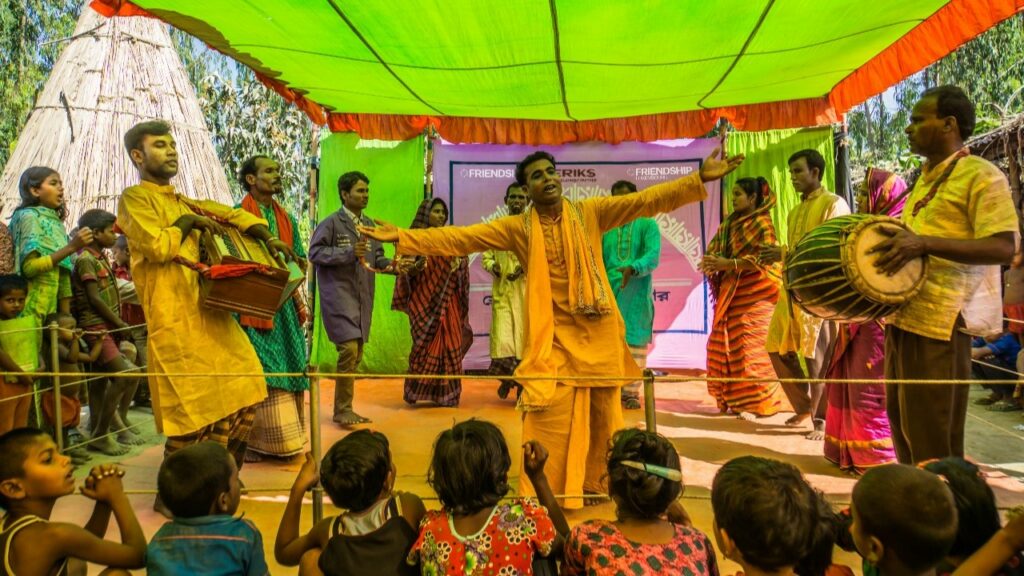
Raising awareness
In the chars, child marriage remains a major barrier to women’s inclusivity and empowerment. Friendship combats this by deploying community paralegals in 80 legal information booths (LIB) in 80 chars, educating on the risks of child marriage, dowry, and gender-based violence. Last year, Friendship’s paralegals directly prevented 216 child marriages. They also organised 358 community-led interactive popular theatre sessions called char theatres, which educated people in sensitive topics such as human rights through entertaining performances.
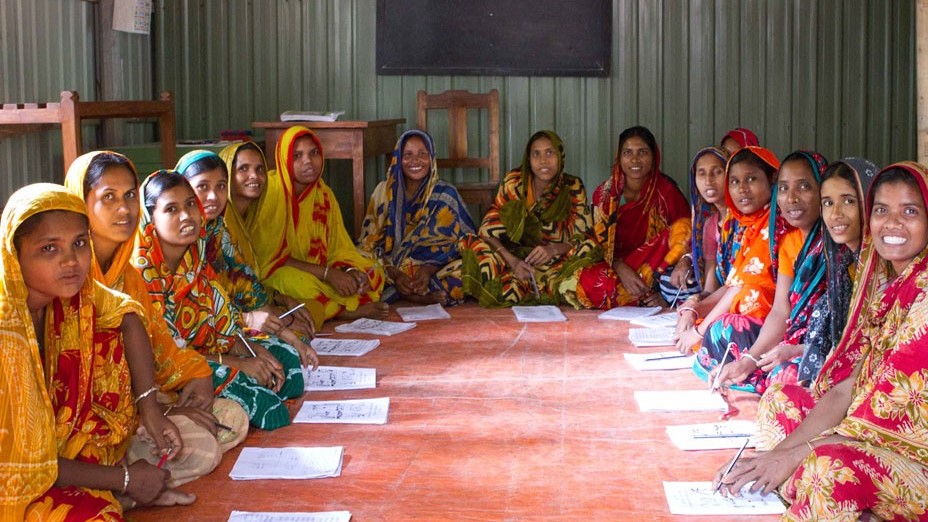
Training and knowledge sharing
Friendship has 15 IT-equipped schools which provide education in areas where secondary schools were considered impossible. Monthly meetings educate young girls on their human, legal, and civic rights. Friendship also offers scholarships and technical training to prepare them for higher education and employment. Most women in the chars have little control over finances. Friendship has 49 Adult Literacy Centres which train these women in literacy, accounting, and income-generating activities. These initiatives empower women economically, fostering independence in running enterprises and pursuing their dreams.
Marginalised communities such as the chars are constantly tested by nature and time. This makes them quite inaccessible, but also tough and resilient. Women and girls have it tougher, hiding behind cultural barriers. They only want enough support to help them live with dignity and hope. If we are to ensure these for them, we must count them all, so that they are not pushed to the abstract margins defined by our sociocultural perspectives again and again. A woman taken care of is an entire population’s success.
